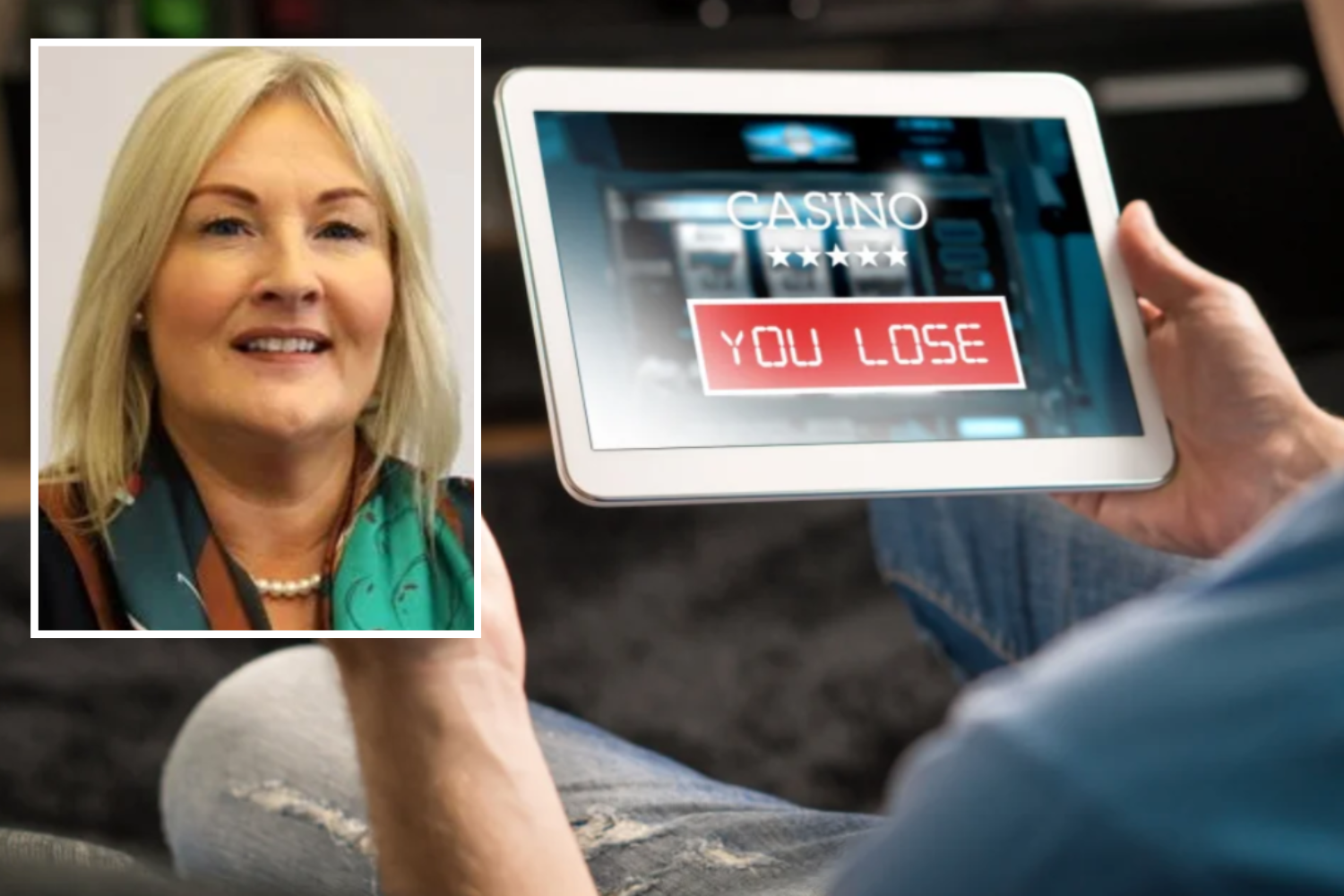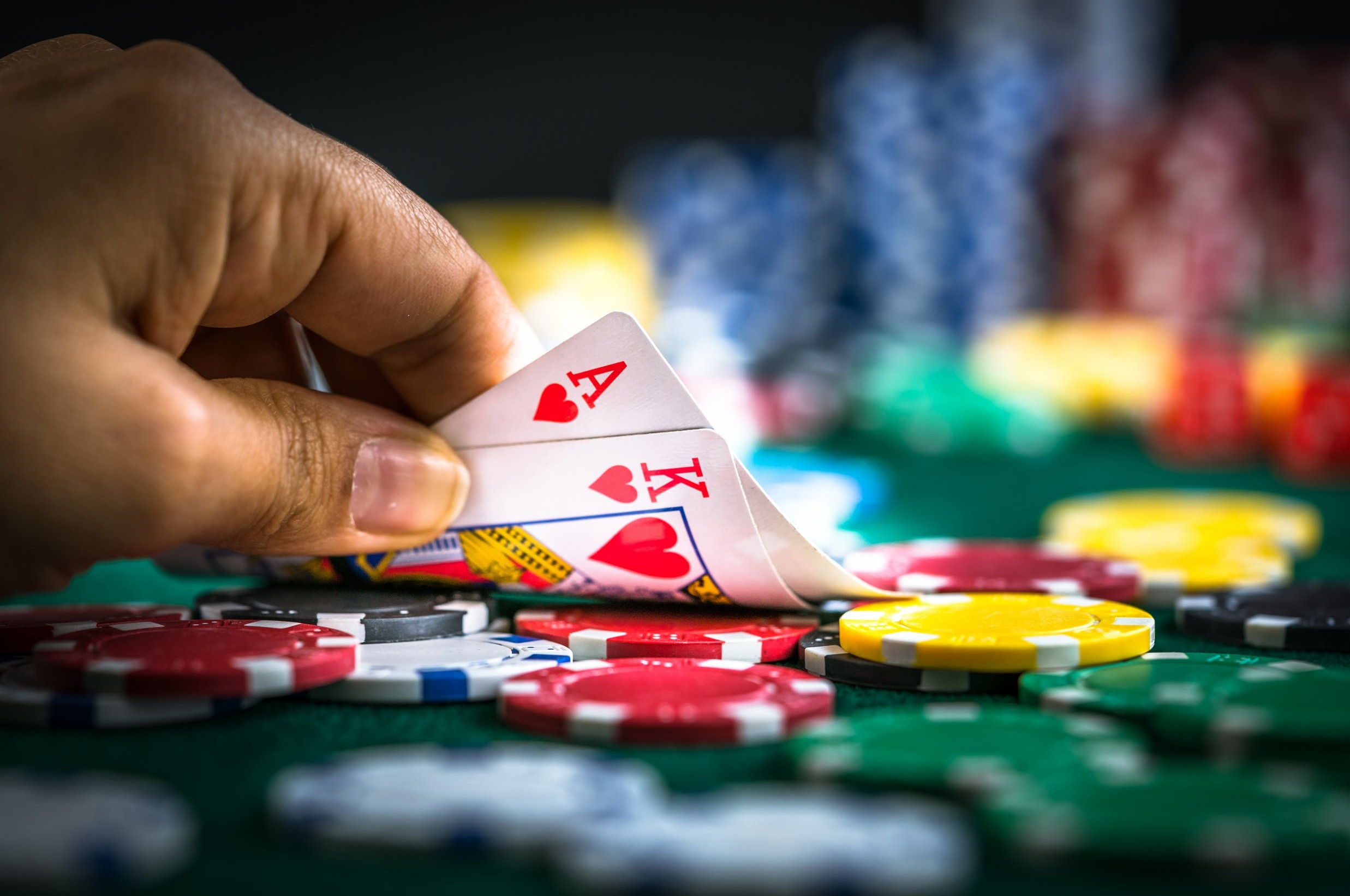IRISH people are among the biggest gamblers in Europe.
We lose on average about €300 for every adult annually, making us the fourth-biggest betters in the EU.
A Health Research Board report last year said there are an estimated 12,000 adults in Ireland who are problem gamblers — and a further 125,000 people considered to be “at-risk” gamblers.
And yet, Ireland is one of the very few western countries without any form of gambling regulation.
Last month, The Irish Sun revealed how online slot machines and casinos are being issued betting licences by Revenue — despite there being no laws to permit online gaming in Ireland.
Away from the big name bookies, there are hundreds of websites offering slots and casino products.


They have no licence in Ireland and do not pay the two per cent betting duty.
Writing in The Irish Sun, Barry Grant, an addiction counsellor at Extern Problem Gambling, says online casinos and betting apps are the “wild west” of the gambling industry.
IN July 2013, then Minister for Justice Alan Shatter published the Gambling Control Bill.
It was a highly progressive, forward-thinking piece of legislation which would finally establish a regulator for Ireland’s gambling industry.
Most read in The Irish Sun
We are now nine years further down the road and legislation is currently being prepared for publication in the autumn.
Last week, a senior civil servant was appointed to the new role of Ireland’s first gambling regulator.
Over the years, I have done numerous media interviews.
Invariably, the interviewer or researcher asks me: “Why do you think it is taking so long?’”
I really wish I knew the answer to that question, because I can’t, for the life of me, think of a good reason why any piece of legislation would take this long to enact.
We know, from the most recent European School Survey, that Irish males aged 15 to 16 have a problem gambling prevalence rate that is more than five times that of the general population.
We know that new visitors to our website — Problemgambling.ie — increased year-on-year by 47 per cent in 2020 and by an additional 45 per cent in 2021.
This equated to more than 53,000 new visitors in the last three years.
We know, according to the latest Health Research Board survey, that there are 137,000 people in Ireland who engage in some level of problematic gambling.
INTERVENTION NEEDED
We know that all addictions are progressive — so that a substantial proportion of the people at the lowest end of the scale will end up at the most severe end if no interventions are made.
And we know that for every person with a gambling problem, an additional eight to ten people are impacted.
While all of these numbers may be causing your eyes to glaze over, dear reader, the reality for individuals is truly heart-breaking.
On a daily basis, we hear the horror stories from people struggling with addiction and from stressed-out family members.
We know, from our daily interactions with people on the frontline, through our free helpline and counselling service, that there are some deeply unscrupulous gambling companies operating with impunity in this country.
Companies who will prey on vulnerable individuals and who will not bat an eyelid at using every trick at their disposal to ‘reel in’ people who they know are likely to gamble more than is good for them.
In many cases, the business model is completely dependent on this type of ‘sharp practice’.
We expect this sort of behaviour from organised crime gangs — not companies who have been given licences to operate, by the State.
‘WILD WEST’
The UK Gambling Commission handed out €38million in fines in the financial year 2020-21 alone.
Many of the gambling companies hit with multimillion-pound fines in the UK are also licensed to operate here — but with no oversight.
What are these firms getting up to, here, in a Wild West, unregulated market?
Unfortunately, I know the answer to that question only too well.
The gambling industry, and the harm that it causes, is spiralling out of control in this country — just like the lives of tens of thousands of addicted individuals, dependent kids and other family members.
It is imperative that the Government prioritise the enactment of the new Gambling Regulation Bill, in order to provide oversight, protect consumers, reduce gambling related harms and addiction.
Every day without these protections in place more lives are blown apart by the impact of gambling addiction.


In order for something approaching ‘responsible gambling’ to happen, we need three things.
1. Responsible policy (from the Government);
2. Responsible provision of services (from the industry);
and 3. Responsible consumption (by customers).
Currently, all of the responsibility is being placed on customers. I urge the Government to take its responsibility seriously and enact the bill as soon as humanly possible. There is no good reason not to.


